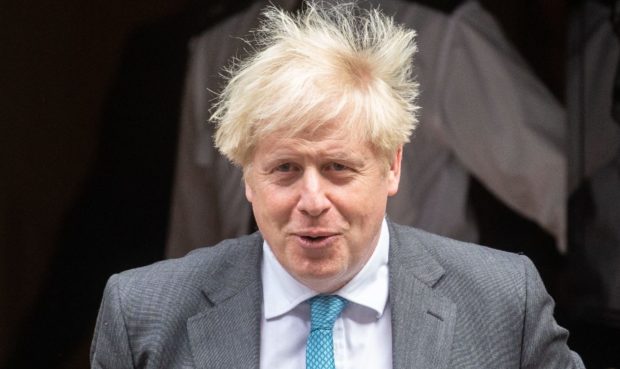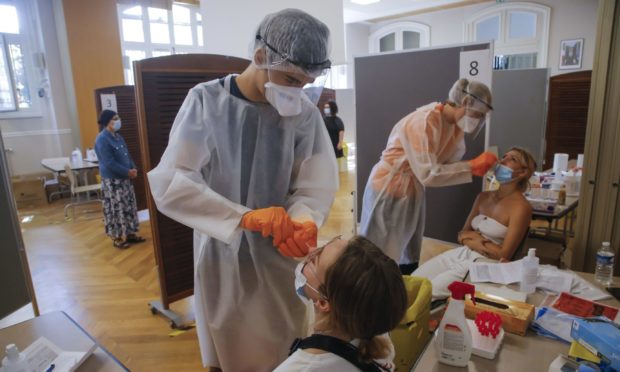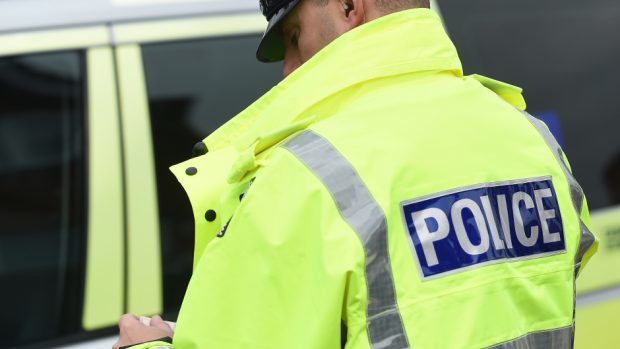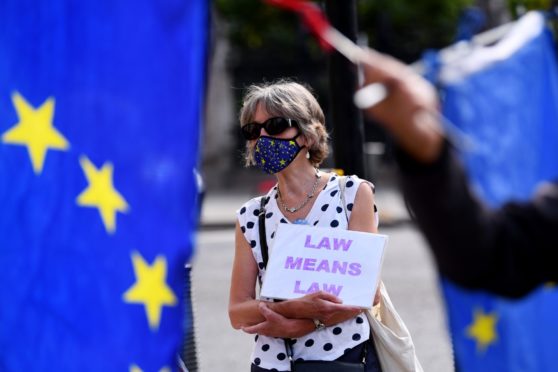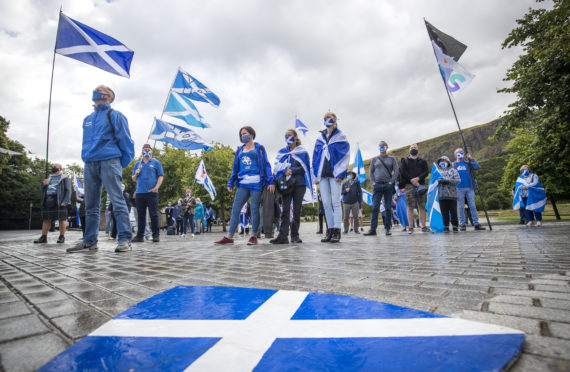Boris Johnson faced a barrage of questions on the coronavirus response and Britain’s readiness for Brexit from Westminster’s most senior MPs this afternoon.
Below we take a look at the key comments that emerged from the liaison committee.
Testing chaos
Boris Johnson admitted the country does not have enough testing capacity to deal with the pandemic.
The “world beating” system was supposed to have capacity for 375,000 tests a day, but the number being tested dropped to 437,000 a week at the start of September.
The prime minister said capacity would be up to 500,000 tests a day by end of October.
“We don’t have enough testing capacity now because, in an ideal world, I would like to test absolutely everybody that wants a test immediately,” he said.
Covid inquiry
The prime minister re-committed to holding a public inquiry into the Covid-19 response.
Mr Johnson said it would “look at everything that has gone wrong and gone right”.
But he said it would not be a “good use of official time at the moment”, and declined to indicate when the inquiry could begin.
Second national lockdown
The prime minister told MPs he “very much doubts” the UK could afford another nationwide lockdown.
Mr Johnson said the financial consequences of such a lockdown would be “disastrous”, adding: “We are going to do everything in our power to prevent it.”
Since the lifting of nationwide restrictions over the summer, England, Scotland, Wales and Northern Ireland have adopted a model of local lockdowns.
Lord Keen
We reported this afternoon that Lord Keen, the Advocate General for Scotland, had tendered his resignation with the prime minister, following disagreements over the Internal Market Bill.
Lord Keen is thought to have found it “increasingly difficult” to support the Government’s plan to use the Bill to break international law.
Asked if the peer was still a member of the government, Mr Johnson said: “Conversations on that matter are still continuing'”.
Brexit negotiations
The prime minister said he “does not believe” the EU is negotiating in good faith.
Mr Johnson told the committee the Internal Market Bill – which could be used to effectively tear up parts of the Brexit deal and break international law – provides a “belt and braces protection” against “extreme interpretations of the Northern Ireland protocol” by Brussels.
Responding to the criticism he has faced from his five living predecessors over the Bill, Mr Johnson said he had “enormous respect” for them but “it is the duty of the UK prime minister to protect the integrity of the UK against any extreme and irrational, unreasonable, interpretation of the protocol”.
The prime minister told MPs that he believed a trade deal with Brussels was still possible, adding that a no-deal scenario was “not what this country wants” and “it’s not what our EU friends and partners want from us”.
Independence
The prime minister was asked repeatedly by Western Isles MP Angus MacNeil whether he would grant the Scottish Government the power to hold a second independence referendum.
The power to hold referendums is reserved to Westminster, meaning the UK Government has to agree before a poll can be held.
Mr Johnson said: “It was said very clearly in 2014 that it was once in a generation.
“I don’t think a generation has elapsed since 2014”.
